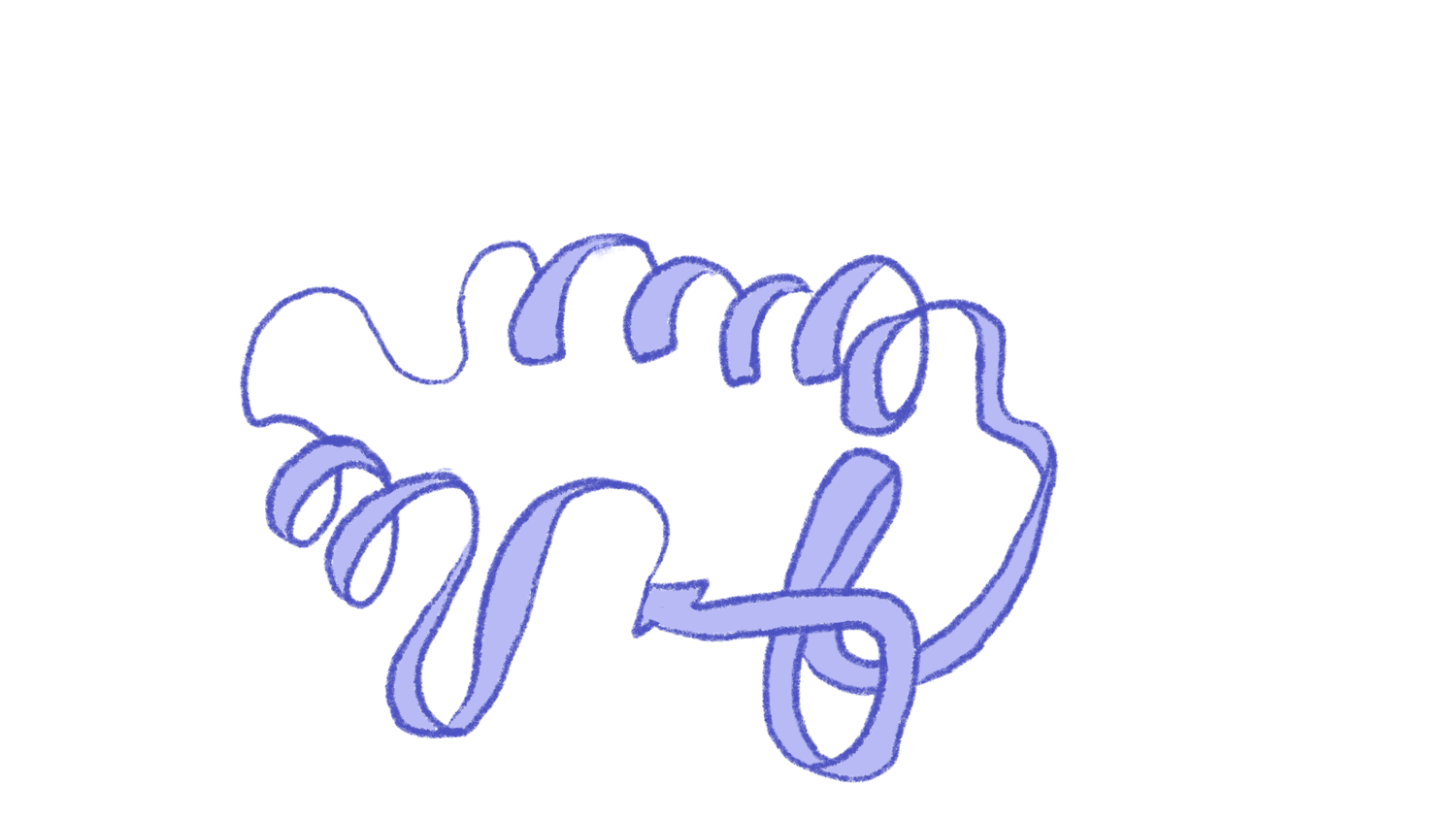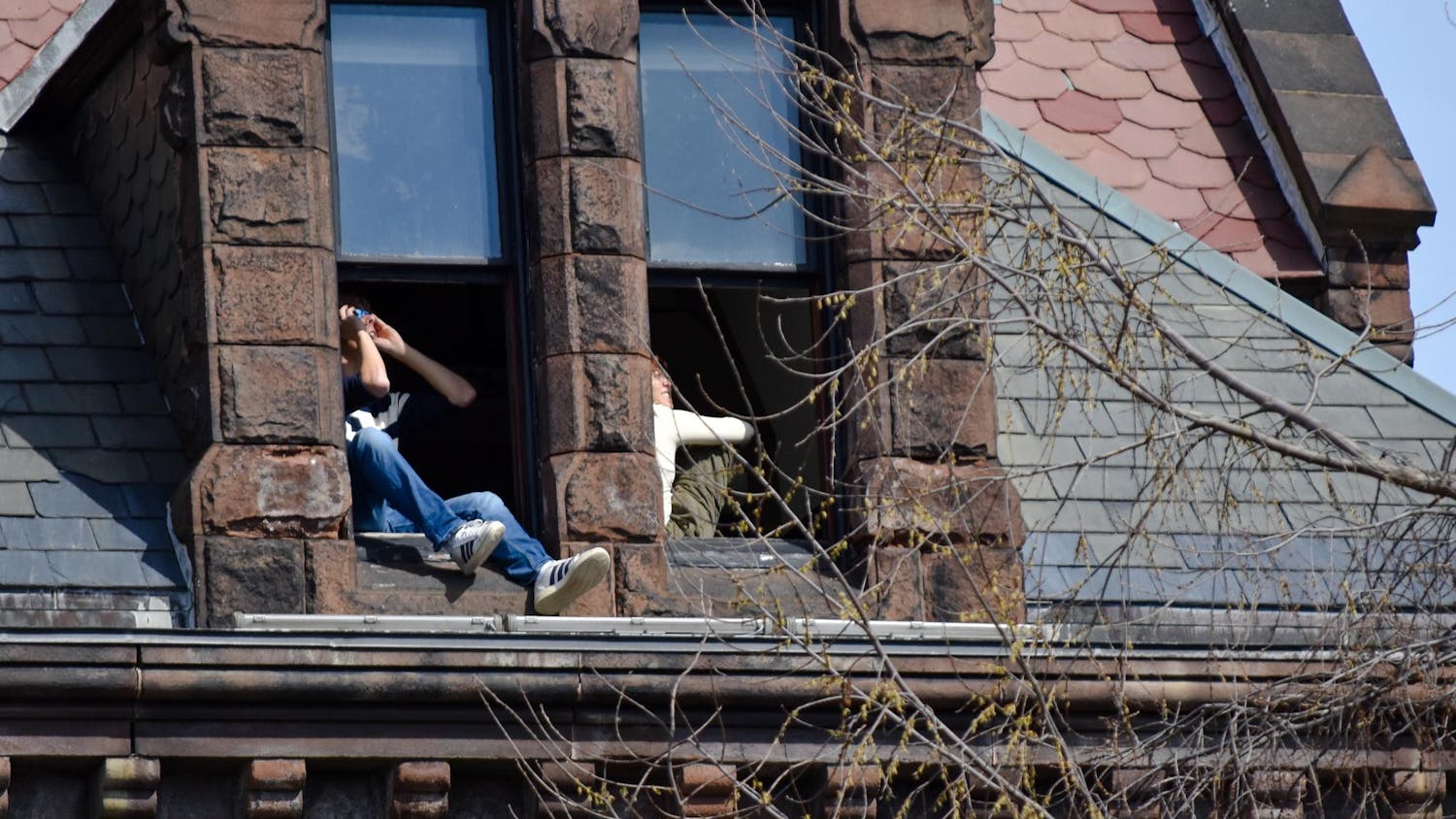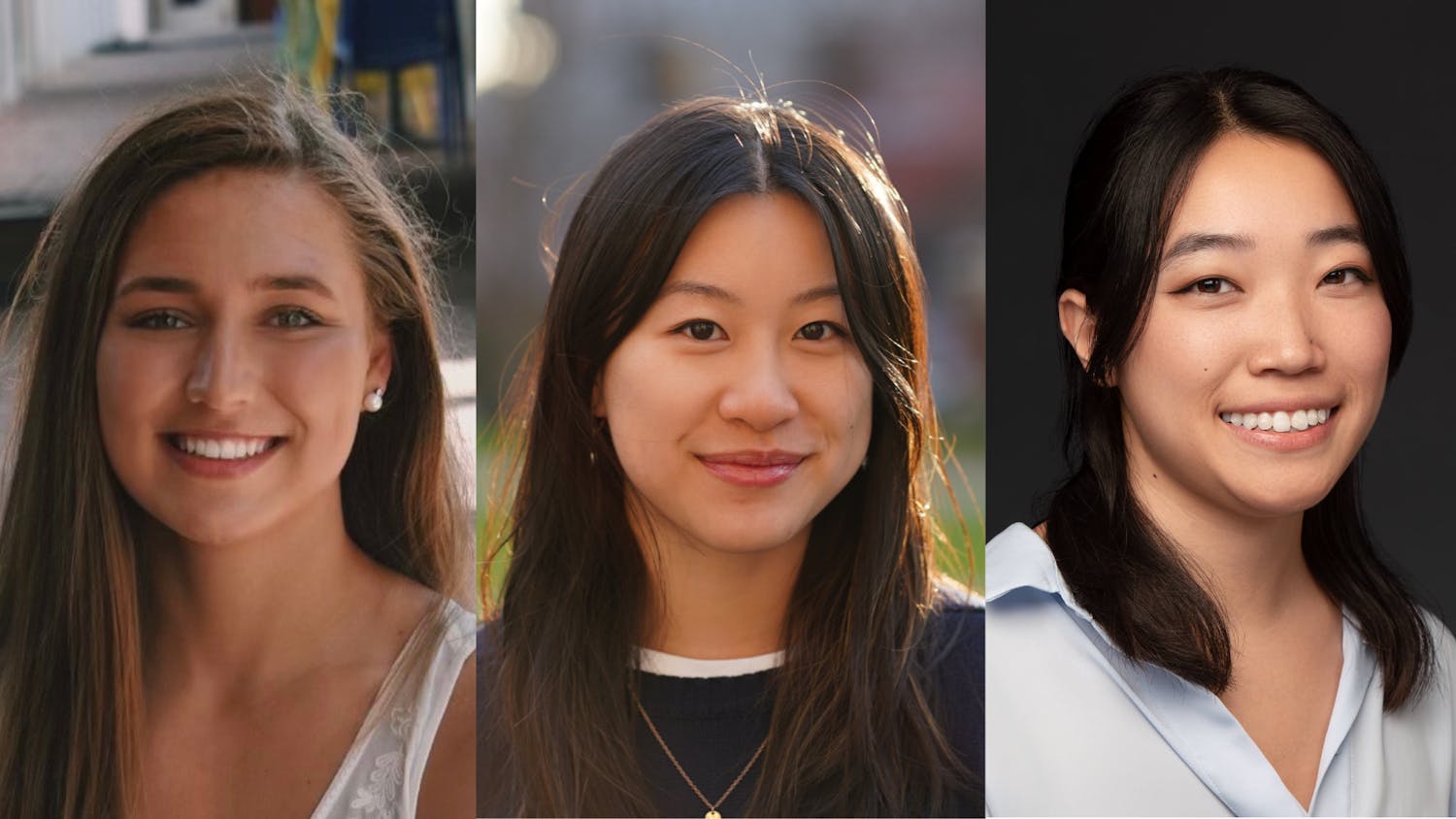As it turns out, falling asleep soon after studying might help you remember what you just read, according to findings that researchers in Professor of Cognitive, Linguistic and Psychological Sciences Takeo Wantanabe’s lab presented at the Society for Neuroscience conference in San Diego, CA last Sunday.
From their research, Associate Professor of CLPS Yuka Sasakiand PhD student Ji Won Bang GS discovered the particular kind of brain activity that occurs during some kinds of sleep, when people are consolidating learned information, according to a University press release.
To conduct their research, Sasaki and Bang had participants perform a visual learning task both before and after sleeping, Bang said. During the task, participants had to locate a particular pattern in a group of lines, according to the press release. The pattern that each participant had to find was located in a different region of space that corresponded to a particular part of the visual cortex in the brain, according to the release.
The researchers found that after sleeping in the lab, participants’ performance on the task improved, Bang said.
During slow wave sleep, a large group of neurons are synchronized together, firing and going silent simultaneously, Bang said. This synchronization occurs at a specific frequency known as sigma waves. The researchers found greater wave power in trained regions of the visual cortex after sleep, Bang added. This increase in synchronization correlated with subjects performing better on the visual learning task, according to the release.
The study was conducted using magnetoencephalography, a technique that records brain waves as well as magnetic resonance imaging to achieve quality spatial and temporal resolution, Bang said.
MEG not only measures brain wave activity but also localizes it to individual parts of the brain, Sasaki wrote in an email to The Herald.
Bang said she was interested in conducting this research, because she wanted to determine the reason why people get better at tasks after sleeping. The goal of their work was to isolate “which neuronal oscillation is involved in the consolidation of visual perception learning,” she said.
Sasaki noted that the study enabled the researchers to link sleeping sigma wave oscillations to learning consolidation.
Their study was one of a small number chosen as a “hot topic” at the Society for Neuroscience conference, Bang said, adding that this means it was published in a booklet given to those in attendance.
The researchers said they hope investigating the underlying mechanisms of sleep will result in an improved understanding of visual learning.
ADVERTISEMENT




